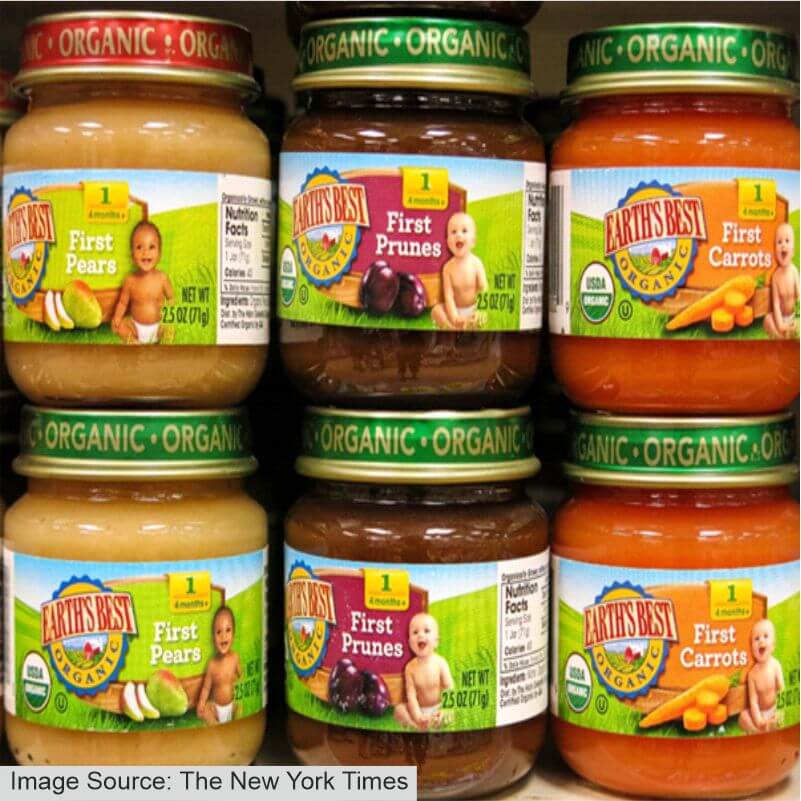Each year, the World Health Organization along with UNICEF, and many more government organizations observe August 1 - August 7 as Breastfeeding Week. This week is celebrated with the intention of promoting breastfeeding around the world. Breastfeeding has real health benefits for a baby. It helps protect against infectious disease and allergies, builds better brain development and increases the bond between mother and child. It’s also inexpensive and convenient, requiring little equipment or preparation. World Breastfeeding Week was started to celebrate the importance of breastfeeding and encourage mothers to continue nursing their babies around the world. Read on to learn more about how breastfeeding can benefit your baby’s health at every stage of life.
Breastfeeding is more than just nourishment for a new born baby, it’s also an important aspect of maternal health as well. It not only helps the mother bond with her child, but it can prevent certain chronic diseases, including breast cancer and osteoporosis later in life.
Every mother faces the inability to understand her child's nutrition needs. What to feed the child? What nutrition to provide? What is the perfect time to feed the child? are some of the questions many mothers from all over the world ask themselves and doctors.
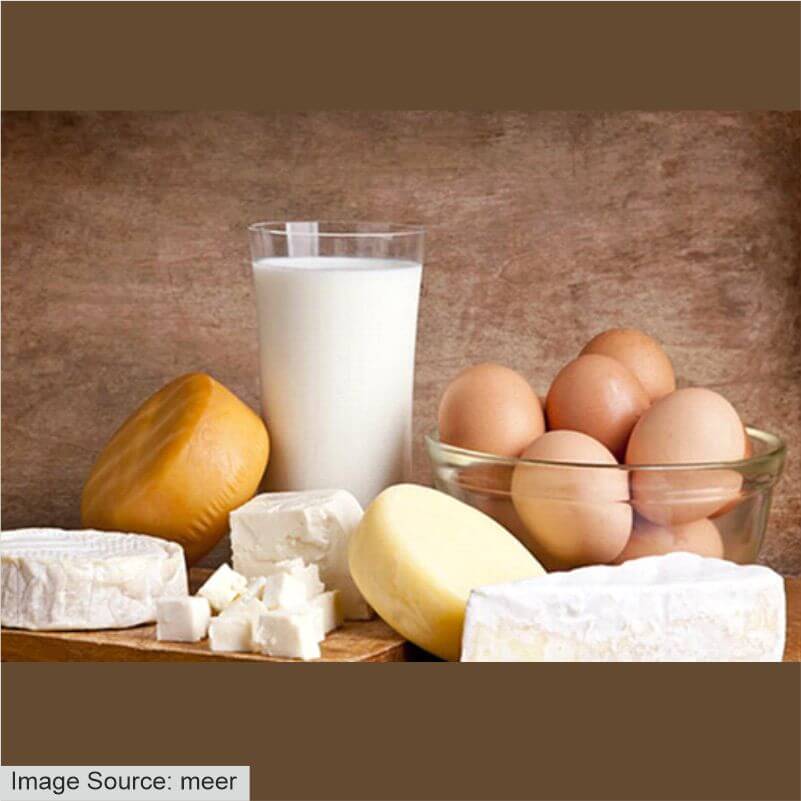
With the availability of packed organic food, the possible availability of organic and unhealthy nutrients has skyrocketed. Many parents worry whether packaged food or marketed food are really the right options for their new born babies. And in this age, when various diseases and health risks are associated directly to the kind of food one consumes, the worries become valid.
How breastfeeding impacts a child’s health.
Breast milk contains many antibodies that help newborn against many childhood illnesses. These nutrients help reduce the severity and duration of illnesses such as colds, ear infections, or diarrhea. In addition, breastfeeding has been linked to lower rates of sudden infant death syndrome (SIDS), obesity, type 2 diabetes, and certain types of cancer. For mothers, breastfeeding can also help reduce the risk of postpartum depression.
Breastfeeding is beneficial for new born babies. The antibodies in breast milk are essential to the immune system and have beneficial impacts on their health in general. Furthermore, breastfeeding has been shown to increase intelligence levels.
In short, breastfeeding is an important factor in maintaining good health throughout life. It's beneficial to both mothers and children, who have higher risks of illnesses post-pregnancy which can be cured by breastfeeding.
Considering the impact breastfeeding has on a child, it is also important for the mother to take good care of her own health.
- Mothers should opt for food that is high in iron, protein, and calcium.
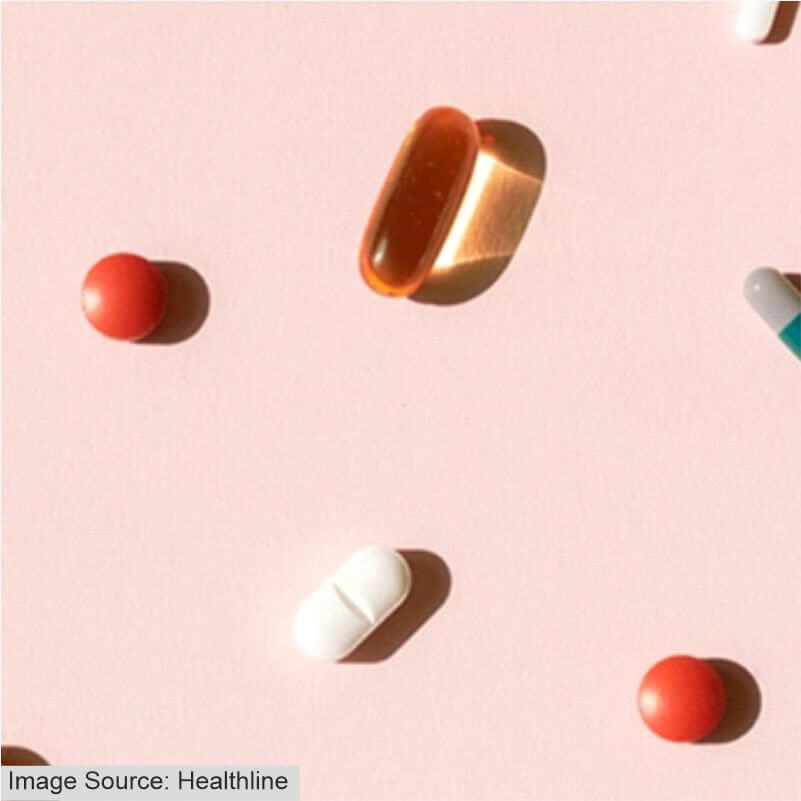
- Some vitamin supplements.
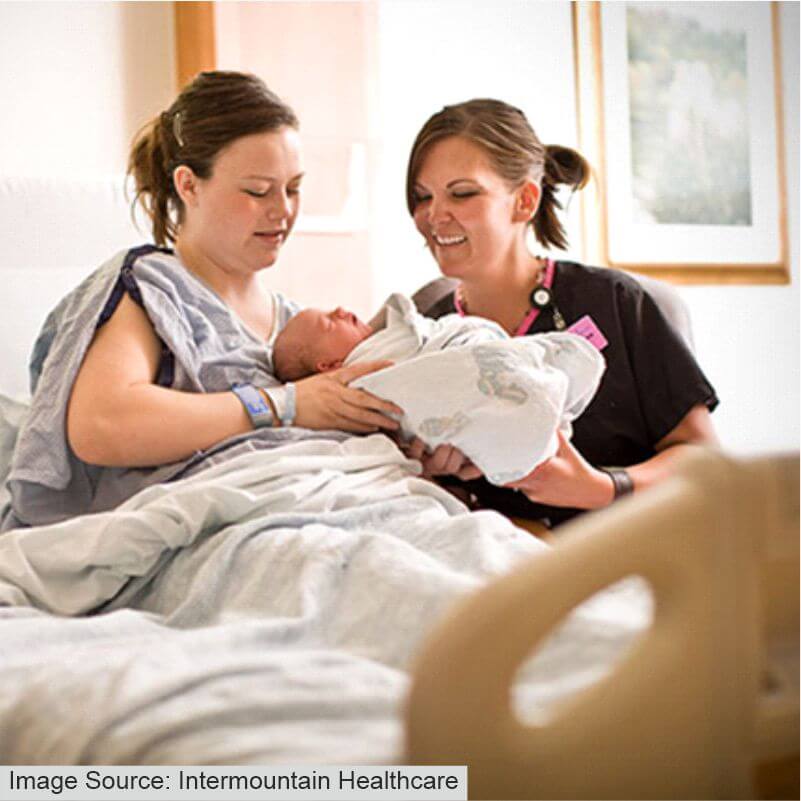
Apart from adopting a healthy diet, there are various food items and beverages that are preferred to be ignored during this time, which could be infectious to the health of the baby. For example,
1. Alcohol.
2. Caffeine.
Consumption of caffeine before breastfeeding a baby can lead to disruption in the baby’s sleep cycle.
Why do doctors prefer breastfeeding for babies?
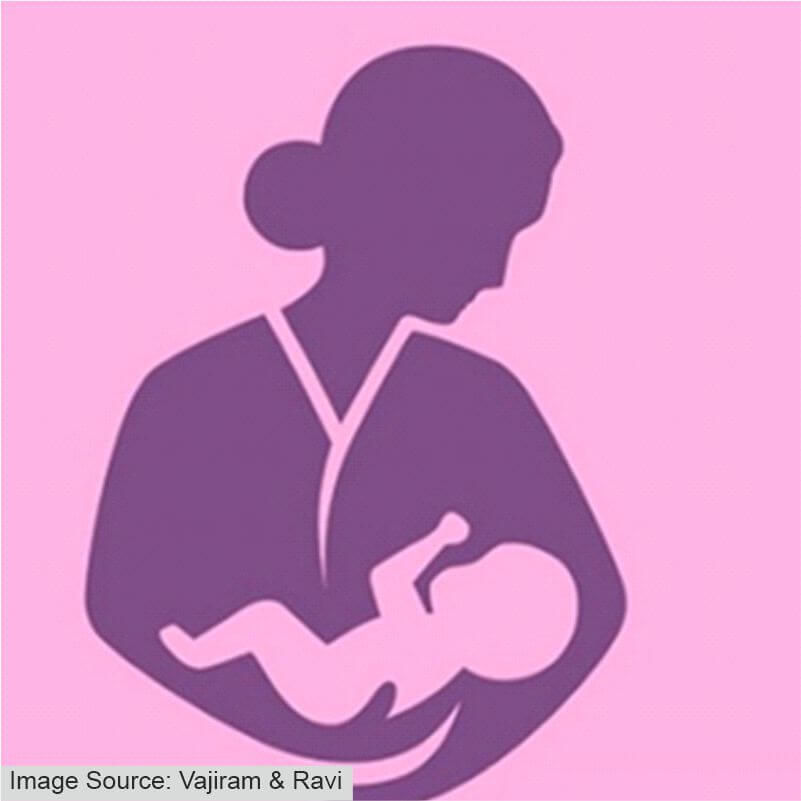
Doctors recommend that mothers breastfeed their babies for at least the first six months of life. Breast Milk is more nutritious than formula and helps protect babies from illnesses and allergies.
Breast Milk has living substances like cells, live cells, stem cells, that transmit into the baby’s brain, heart, kidney, etc. This is one of the reasons breast milk becomes the first choice of many doctors as a preference for new born babies.
Let’s celebrate breastfeeding!
The main motive of breastfeeding week is to ensure the safety, wellbeing and health of the mother and the child. Let’s spread awareness about the importance of breastfeeding as the best option to nurture a child.
